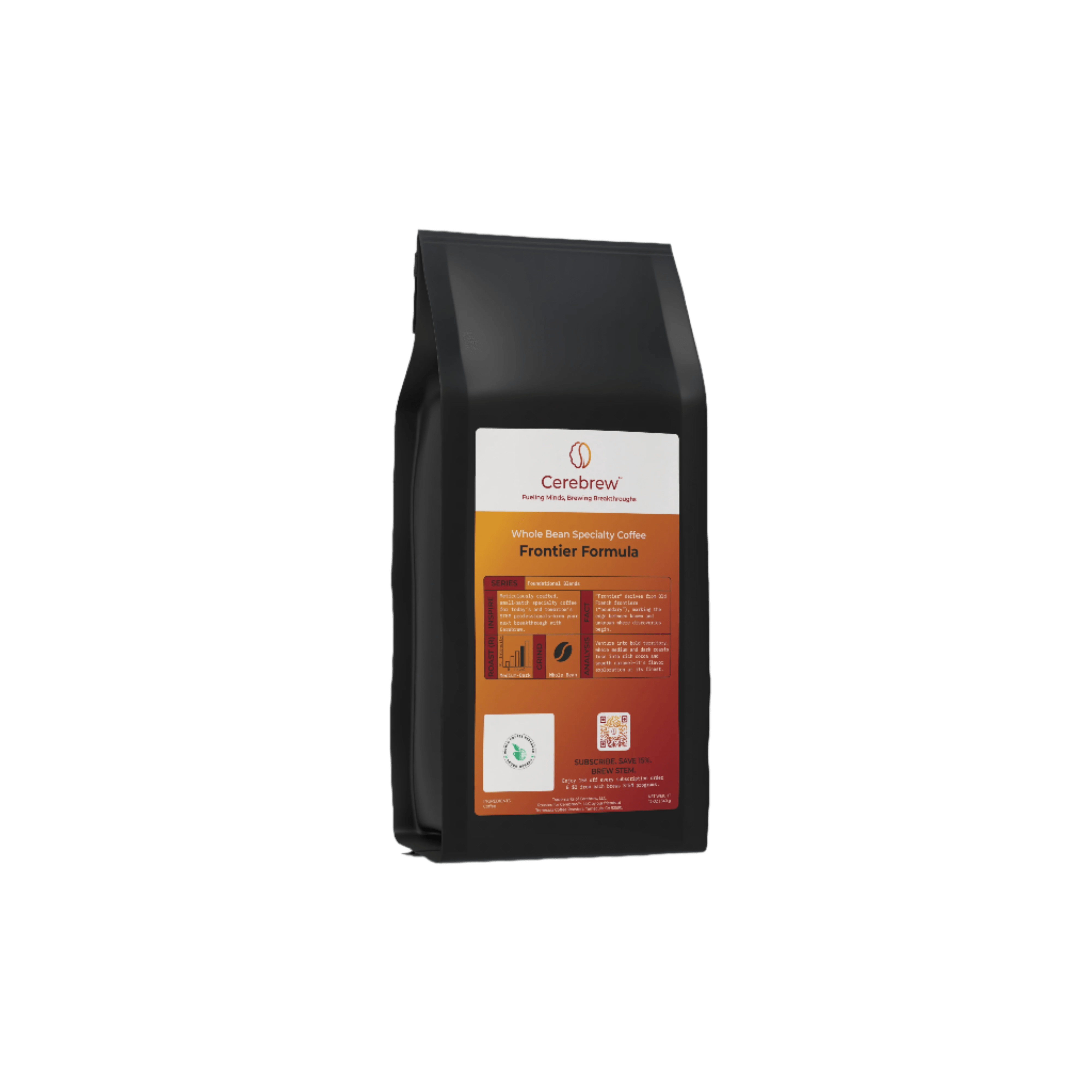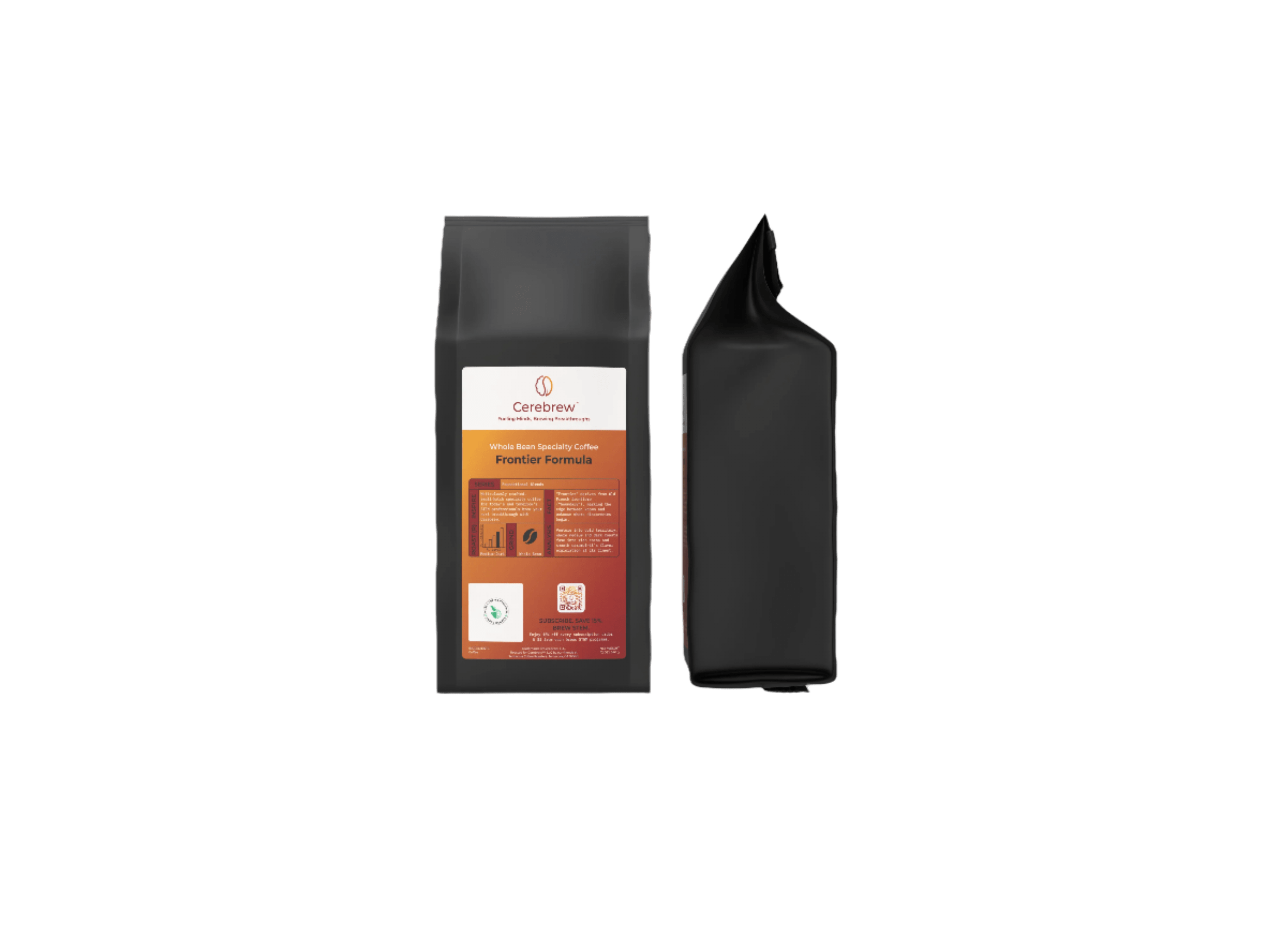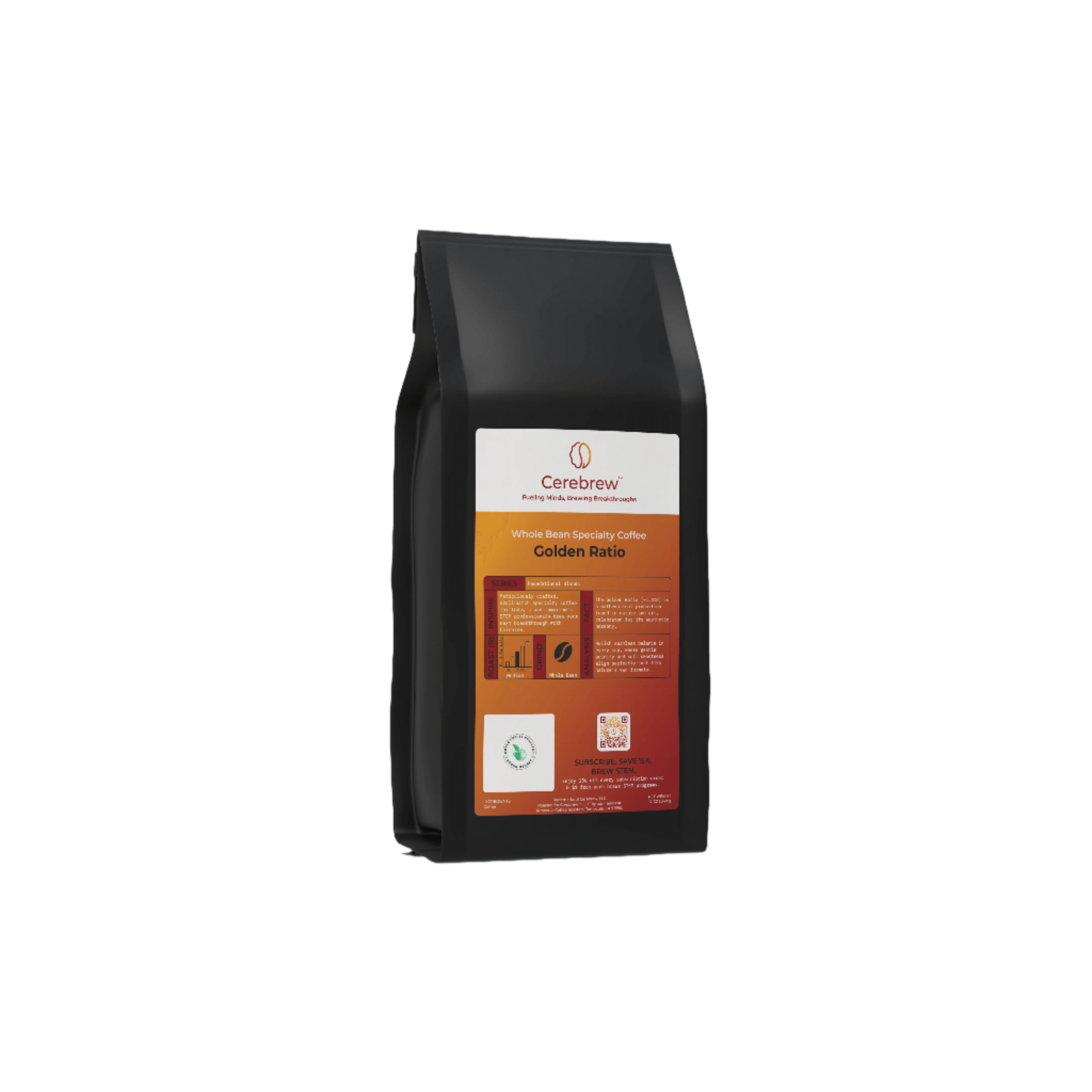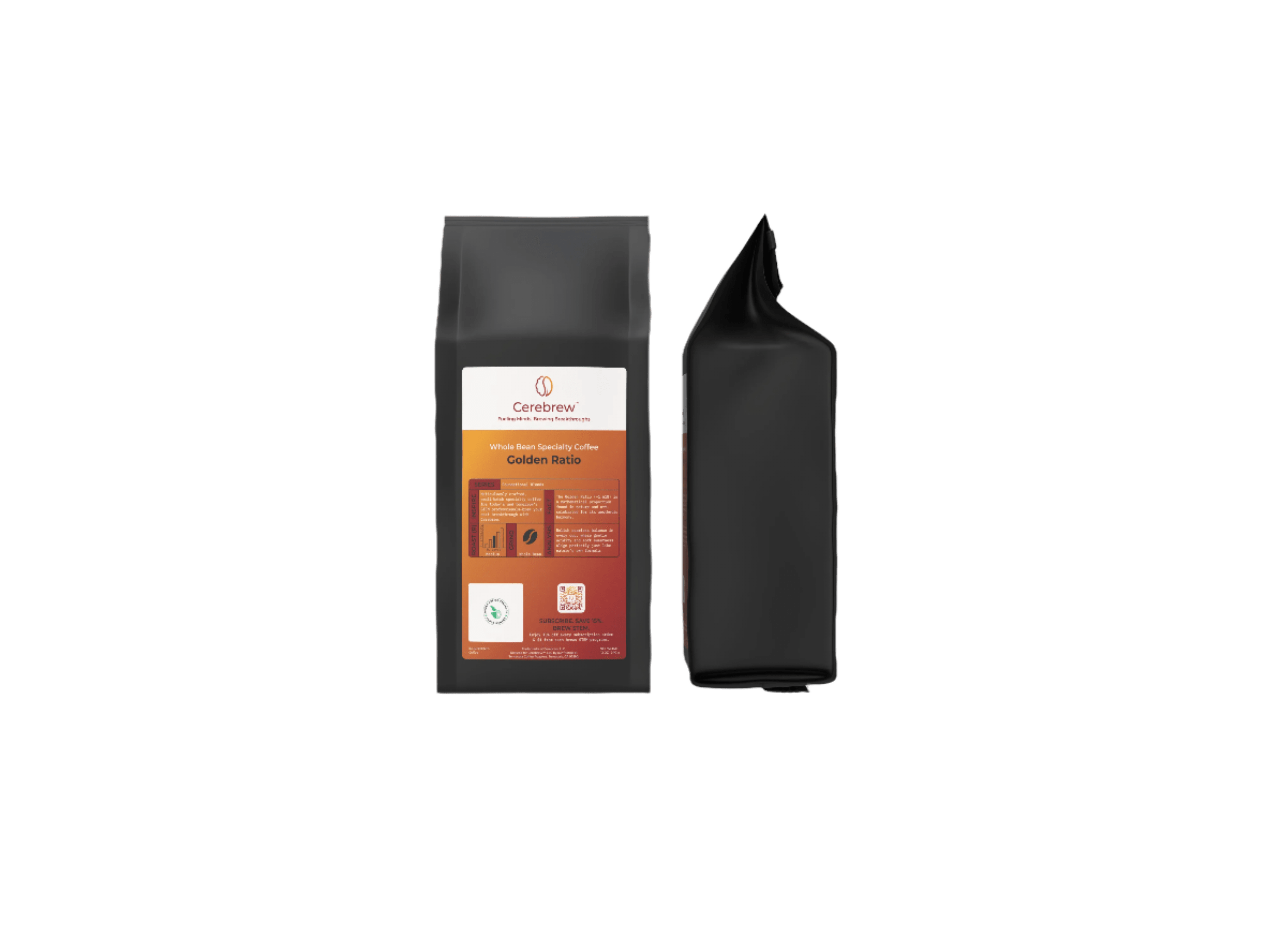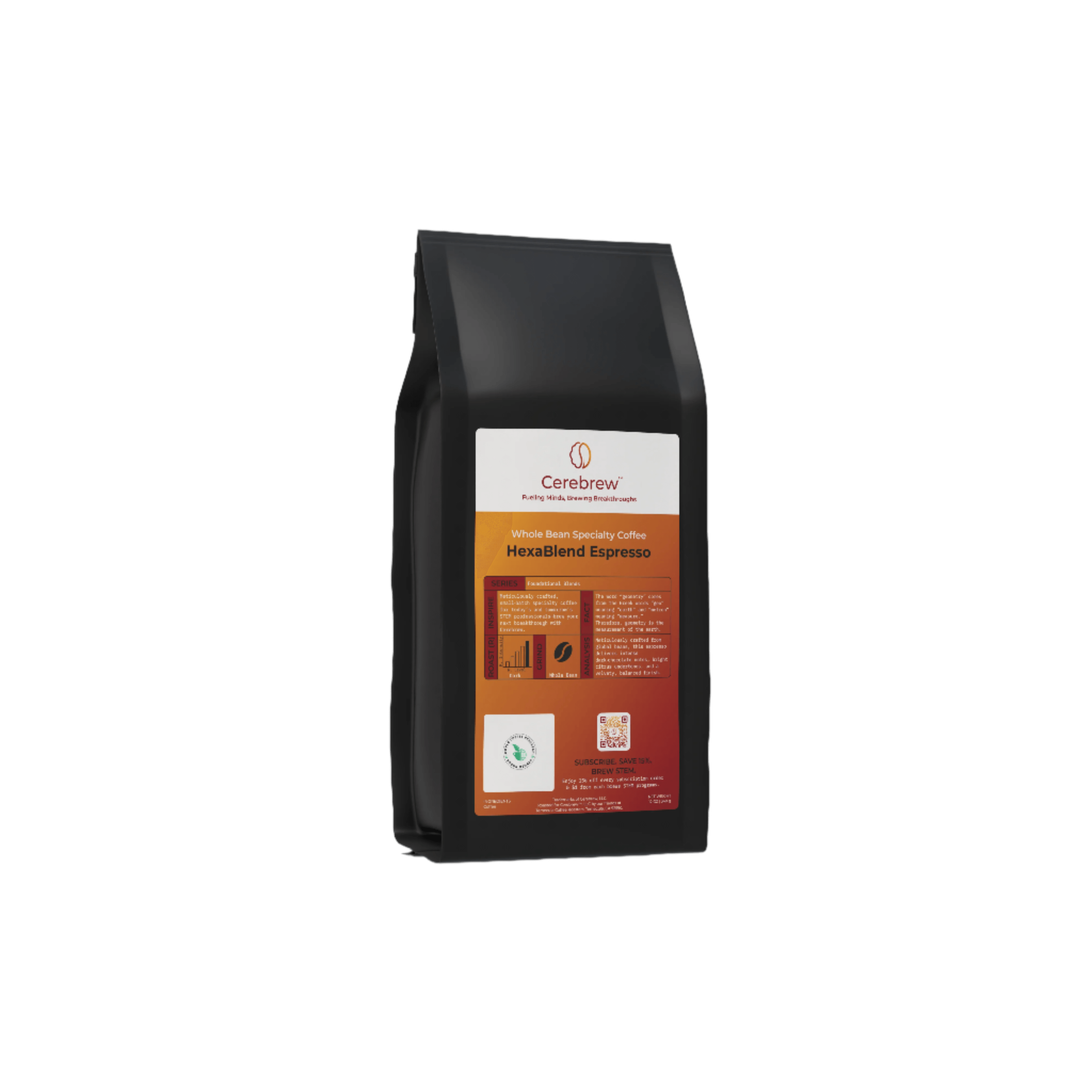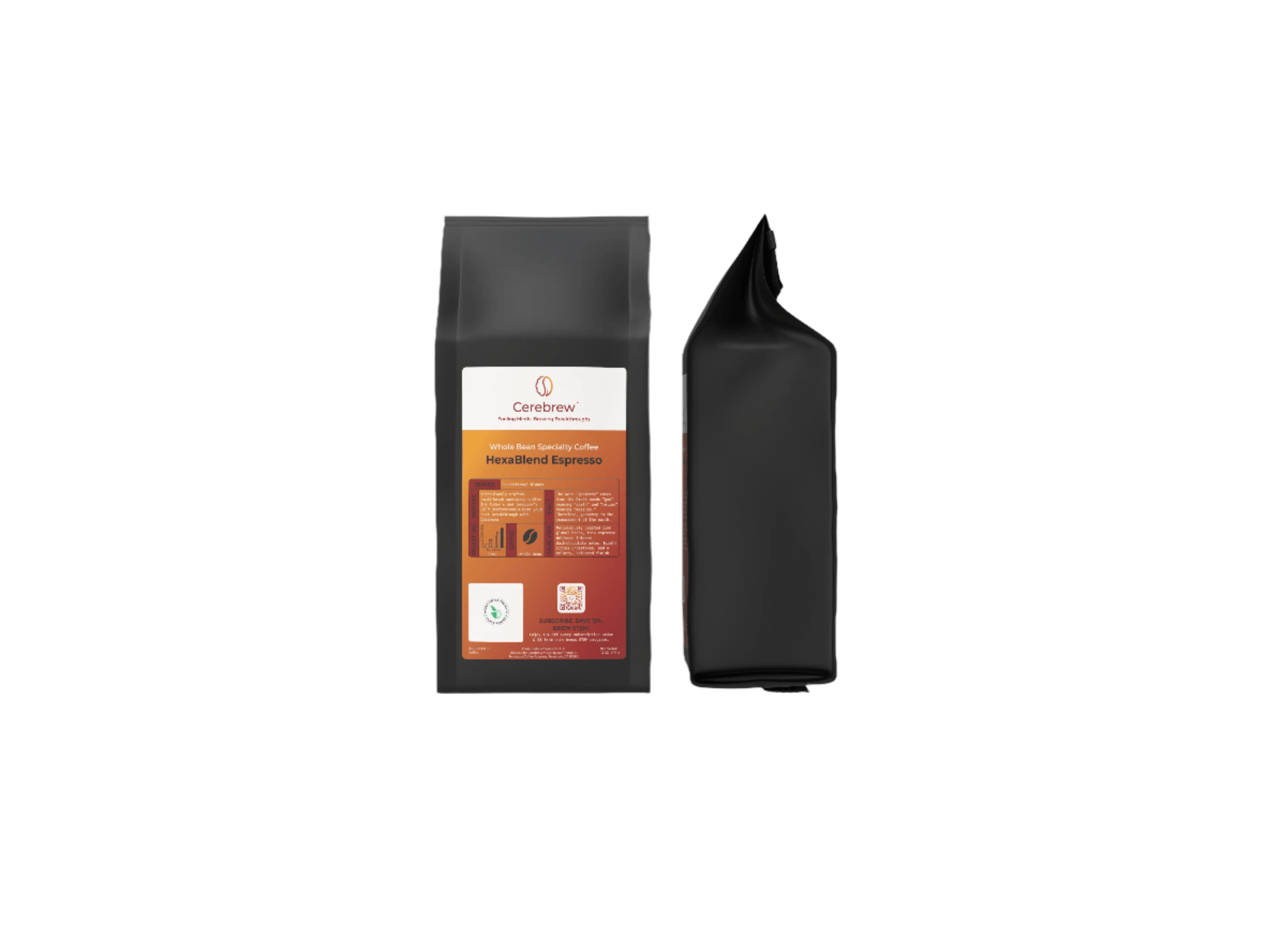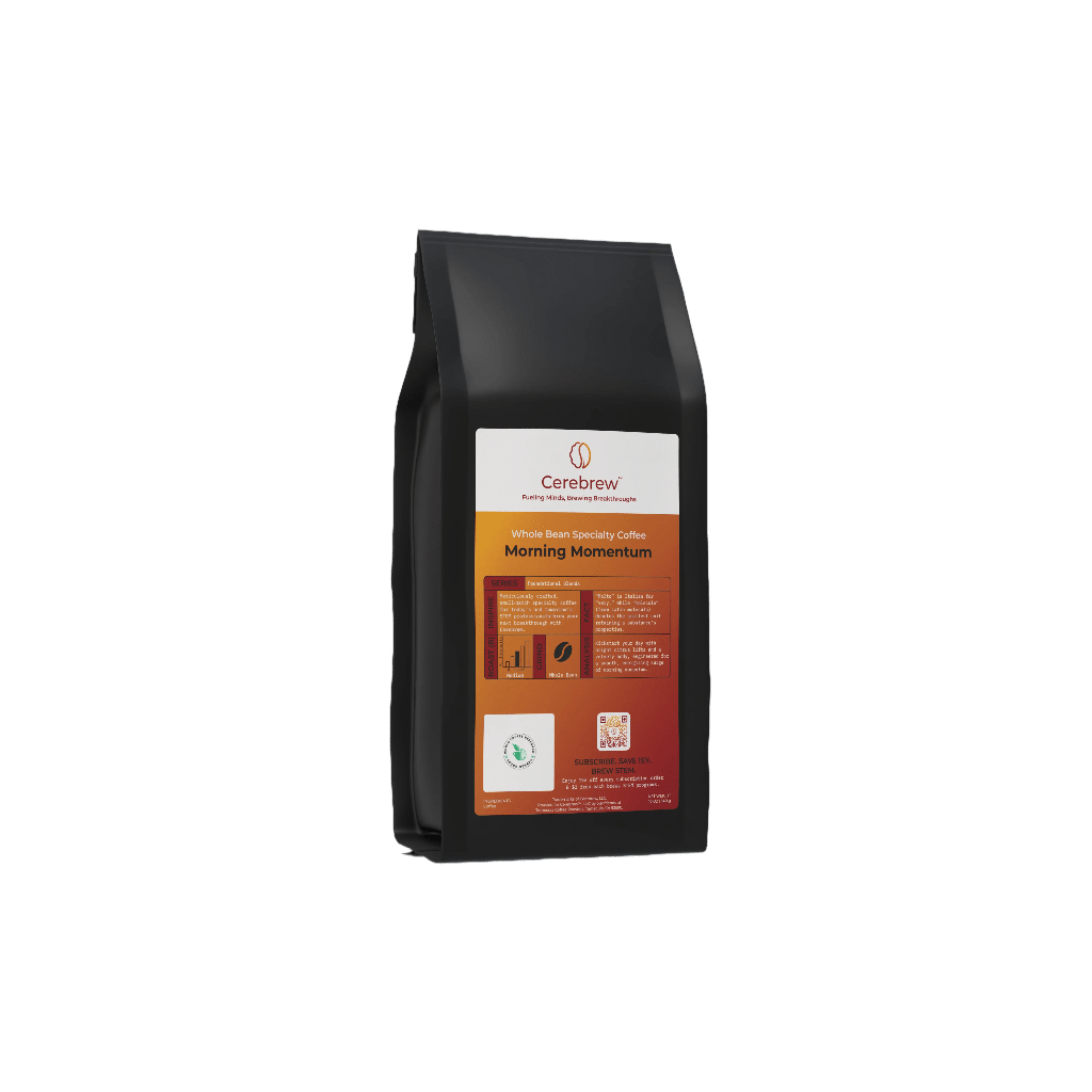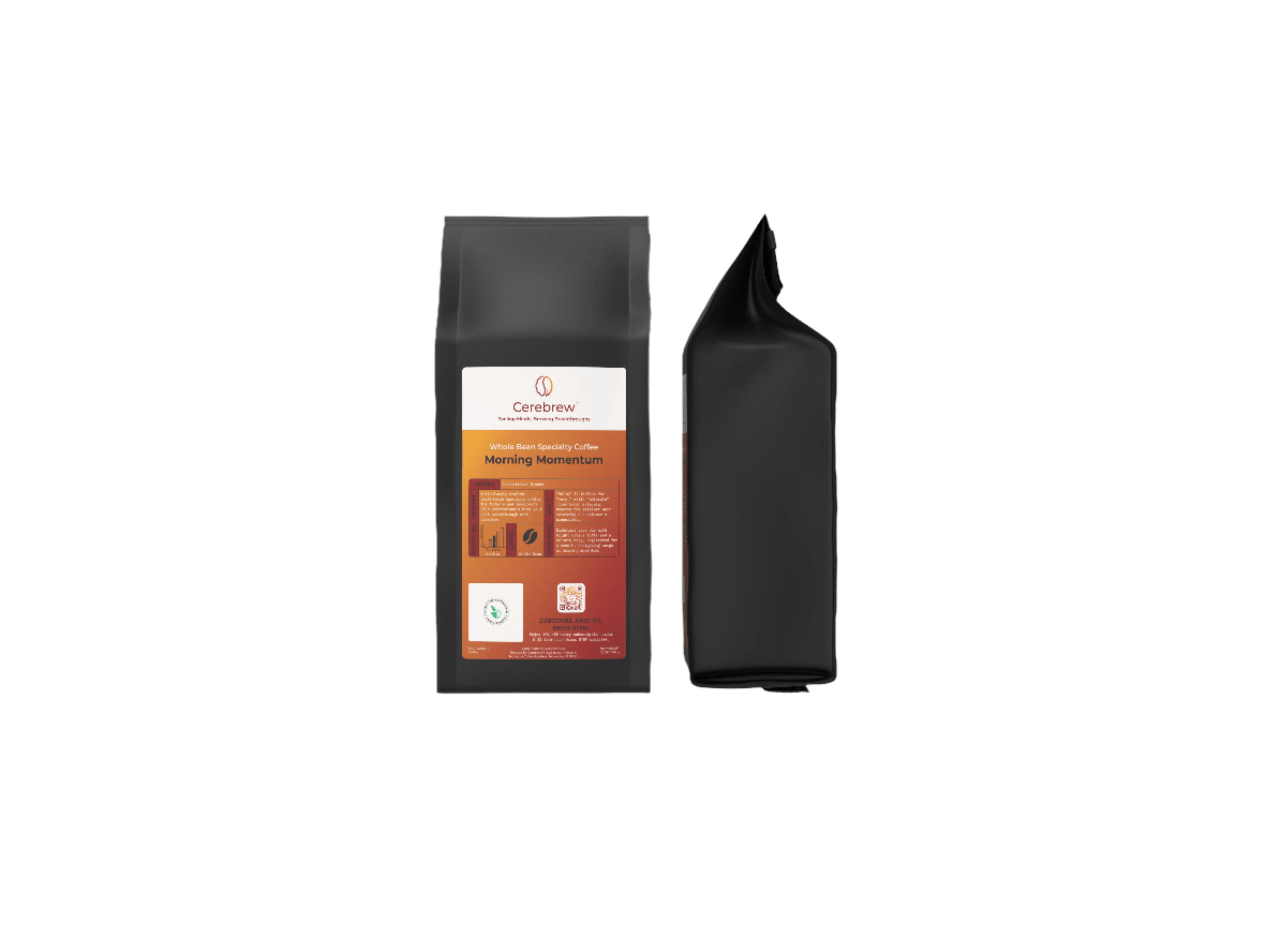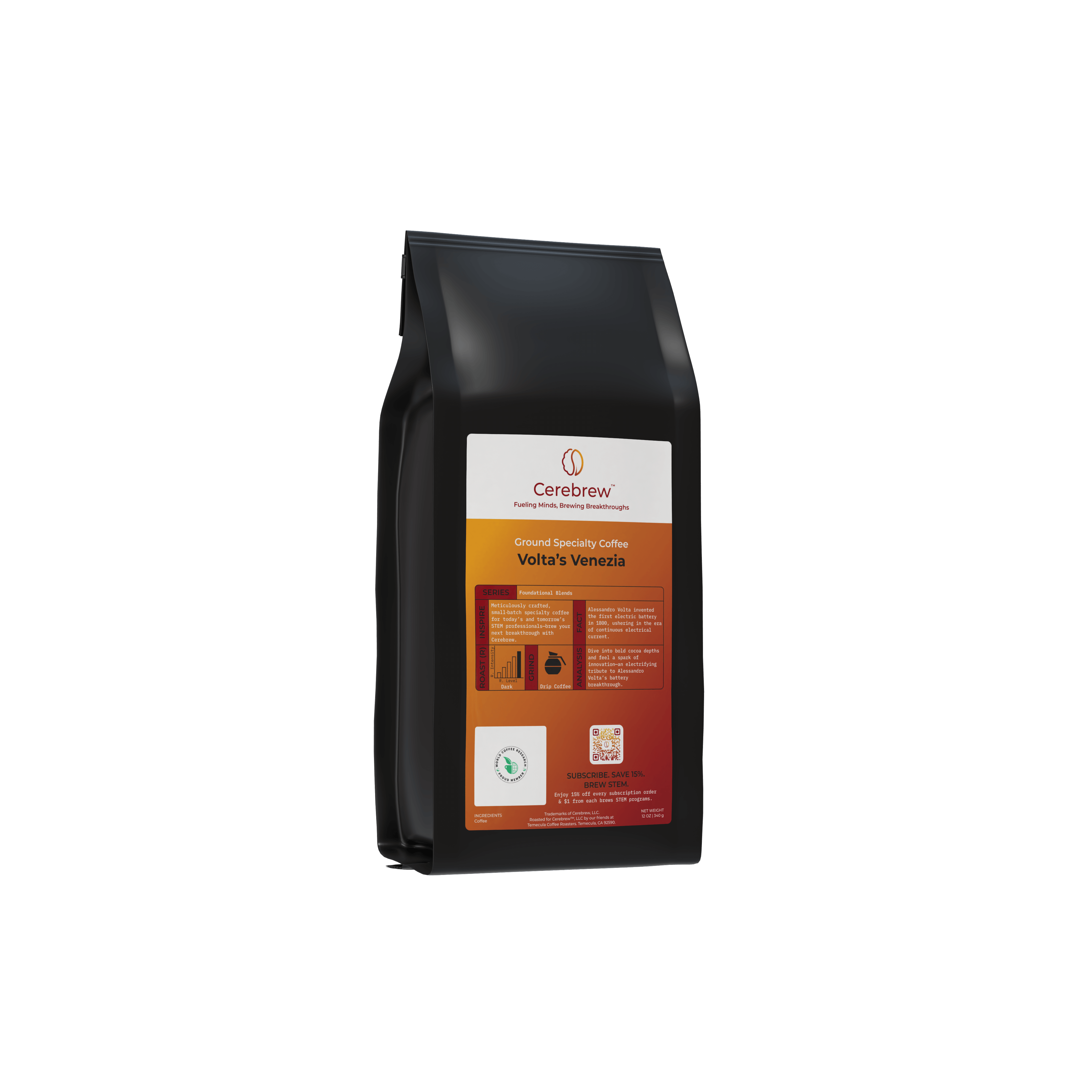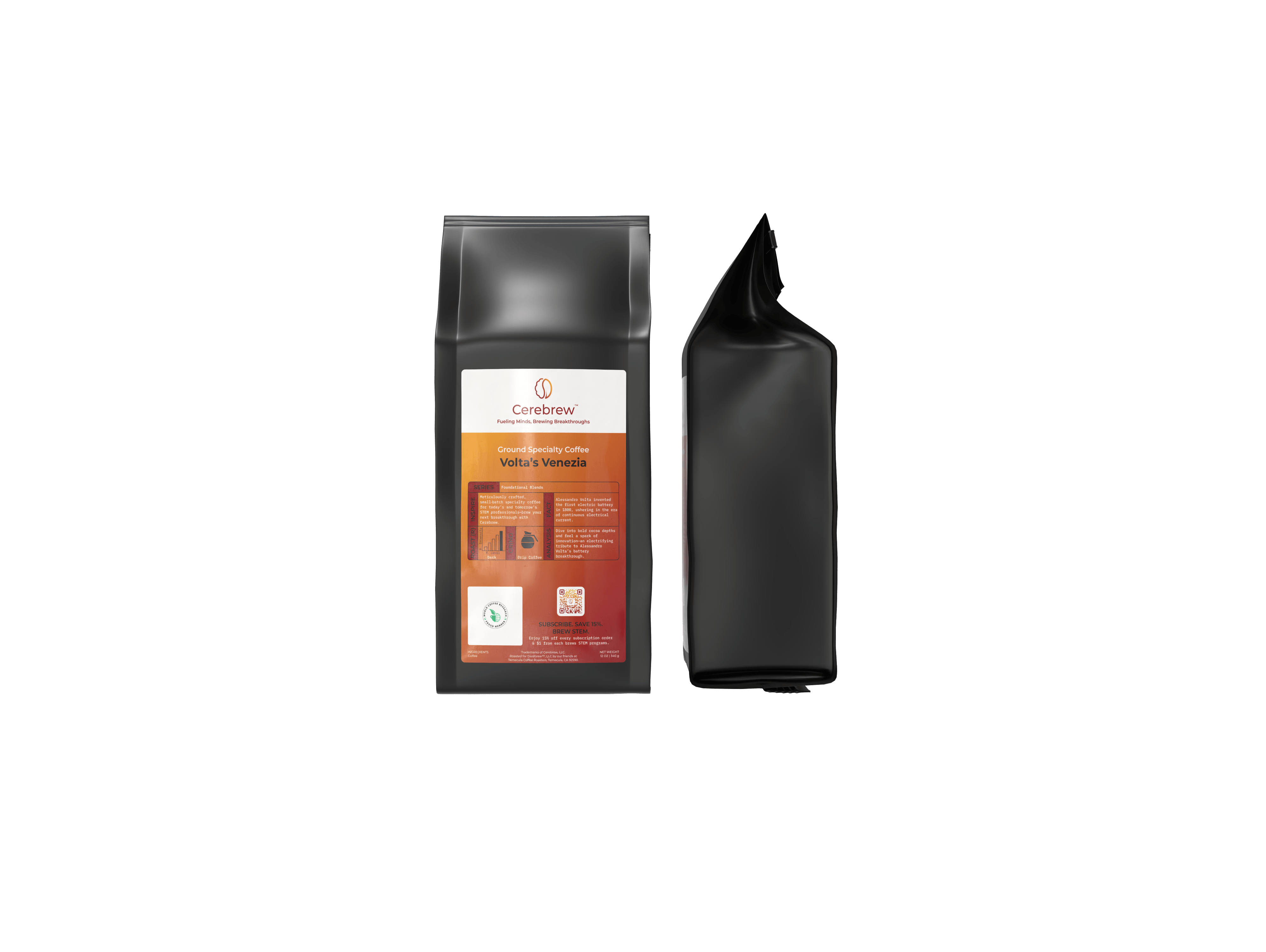Understanding Coffee's Role in Headaches
Coffee is a beloved beverage for many, providing that much-needed boost to start the day. However, its relationship with headaches is complex and often misunderstood. In this article, we'll delve into how coffee can both contribute to and relieve headaches, the role of caffeine withdrawal, and how to manage your coffee consumption for optimal health.
Coffee contains caffeine, a natural stimulant that affects the central nervous system. While moderate caffeine intake can enhance alertness and concentration, it can also lead to headaches under certain conditions.
Coffee as a Headache Reliever
For some, coffee acts as a headache remedy. Caffeine can constrict blood vessels, which may reduce headache symptoms. This is why caffeine is a common ingredient in many over-the-counter headache medications. When consumed in moderation, coffee can provide relief from tension headaches and even migraines for some individuals.
Coffee as a Headache Trigger
Conversely, coffee can be a headache trigger for others. Consuming too much caffeine can lead to increased heart rate and heightened stress levels, potentially causing headaches. Additionally, some people are sensitive to caffeine and may experience headaches even with small amounts of coffee.
Can Drinking Coffee Cause Headaches?
The question "can drinking coffee cause headaches?" doesn't have a straightforward answer. It largely depends on individual tolerance and consumption habits.
Caffeine Sensitivity
People with caffeine sensitivity may experience headaches from even small quantities of coffee. This sensitivity can vary widely between individuals, influenced by genetics, age, and overall health. For those with heightened sensitivity, even a single cup of coffee could trigger a headache.
Dehydration
Coffee is a diuretic, meaning it can cause the body to lose water. If you're not drinking enough fluids alongside your coffee, you might become dehydrated, which is a well-known headache trigger. Ensuring adequate hydration can help mitigate this effect.
Caffeine Withdrawal: A Common Culprit
One of the most prevalent causes of coffee-related headaches is caffeine withdrawal. Regular coffee drinkers who suddenly reduce their intake may experience withdrawal symptoms, including headaches.
Why Does Caffeine Withdrawal Cause Headaches?
Caffeine withdrawal occurs because the body becomes accustomed to the stimulant effects of caffeine. When you stop consuming caffeine, the absence of its effects causes withdrawal symptoms as the body readjusts. This can result in headaches, fatigue, irritability, and difficulty concentrating.
Managing Caffeine Withdrawal
To minimize withdrawal headaches, it's best to gradually reduce caffeine intake rather than quitting "cold turkey." Slowly cutting back on the number of cups per day or switching to decaffeinated coffee can help your body adjust more smoothly.
Coffee and Migraines: A Complex Relationship
Migraines are a severe form of headache that can be debilitating. The relationship between coffee and migraines is particularly complex.
Coffee as a Preventative Measure
For some migraine sufferers, small amounts of coffee can be beneficial. Caffeine can enhance the pain-relieving effects of other medications, making it a potential ally in migraine management. However, this is not universal, and the effects can vary widely.
Coffee as a Migraine Trigger
On the flip side, excessive coffee consumption or sudden withdrawal can trigger migraines in susceptible individuals. This dual role makes managing coffee intake crucial for those who experience migraines.
Tips for Managing Coffee Consumption
If you're concerned about coffee's role in headaches, consider these practical tips:
Monitor Your Intake
Keep track of how much coffee you drink and how it correlates with your headache occurrences. This can help you determine your personal threshold for caffeine consumption.
Stay Hydrated
Ensure you're drinking plenty of water throughout the day, especially if you're consuming coffee. Staying well-hydrated can help reduce the risk of dehydration-related headaches.
Gradual Reduction
If you decide to cut back on coffee, do so gradually. This approach will help minimize the risk of withdrawal headaches and allow your body to adjust more comfortably.
Pay Attention to Timing
Consider the timing of your coffee consumption. Avoid drinking coffee too late in the day, as it can disrupt sleep patterns, potentially leading to headaches.
Conclusion
Coffee's role in headaches is multifaceted, with the potential to both relieve and cause discomfort. Understanding your body's response to caffeine is key to managing its effects. By paying attention to your consumption habits, staying hydrated, and adjusting your intake gradually, you can enjoy coffee while minimizing the risk of headaches.
Whether you're using coffee as a remedy or identifying it as a trigger, being mindful of your caffeine consumption is crucial for headache management. As with many things, moderation and awareness are key.










